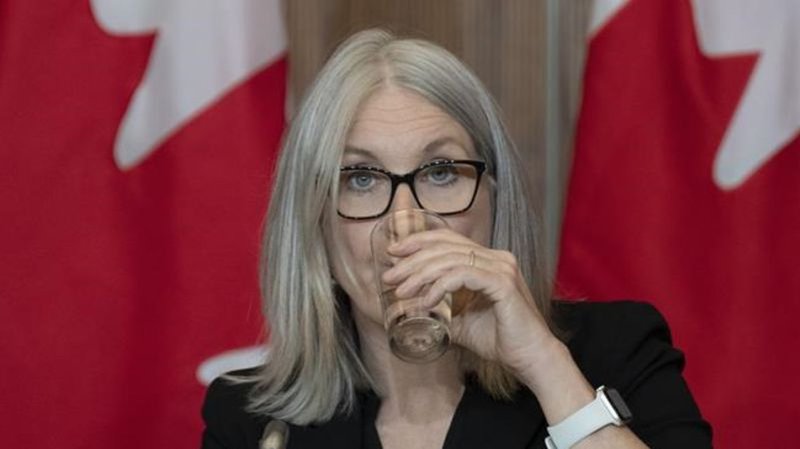
Indigenous leaders say safe drinking water settlement with federal gov’t is unfair
OTTAWA — The federal government has set aside about $1.5 billion to compensate Indigenous people who have been without clean drinking water, the result of a class-action lawsuit initiated by First Nations communities.
But while the government called the settlement “historic,” people living under the country’s longest boil-water advisory called it unfair and frustrating at a news conference Thursday.
Chief Wayne Moonias of Neskantaga First Nation in Ontario said the 27-year-long advisory is “heartbreaking,” particularly for children who’ve never known clean water.
Community member Roy Moonias said he’s only entitled to claim six years of compensation even though he’s lived under the advisory since 1995.
